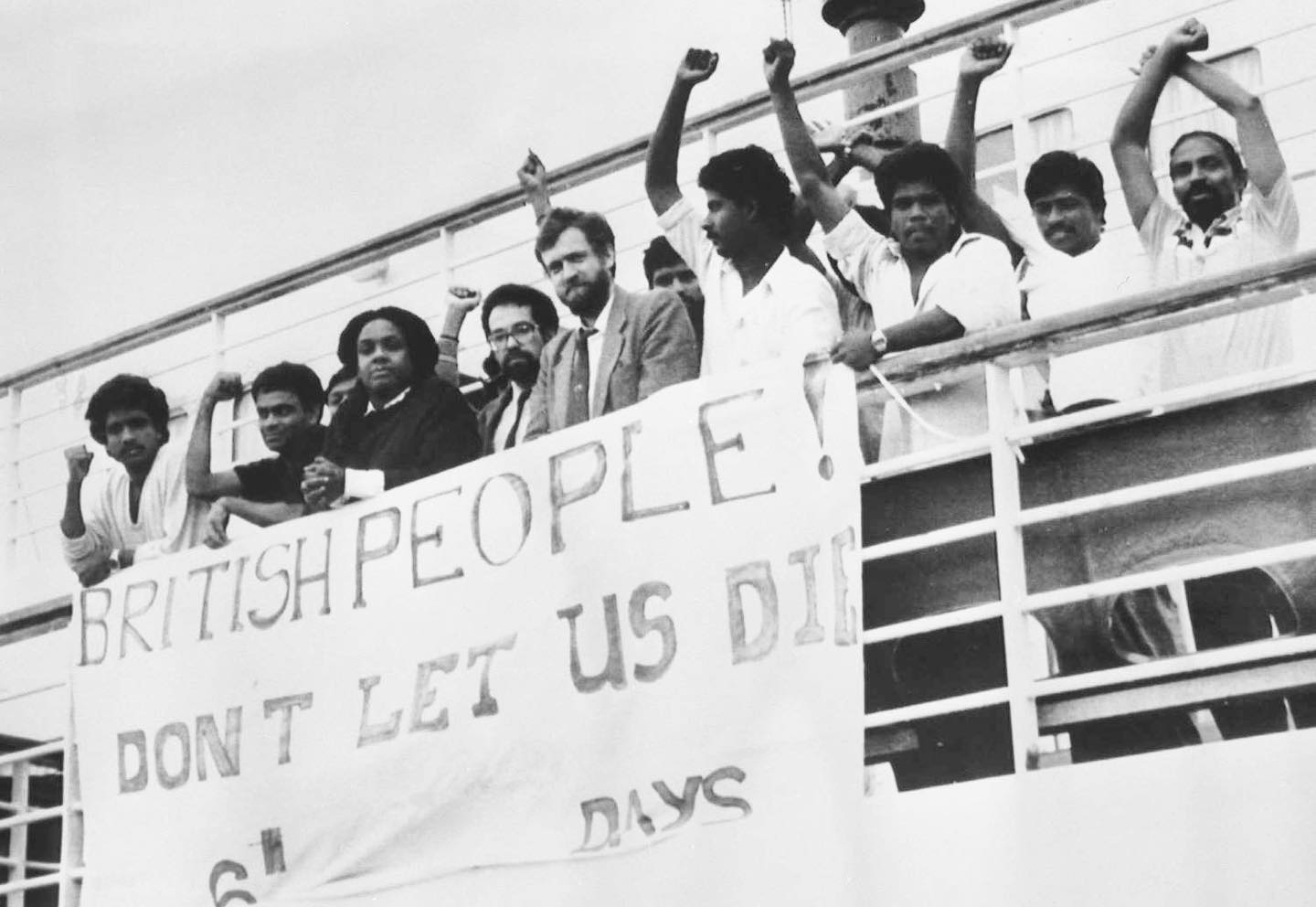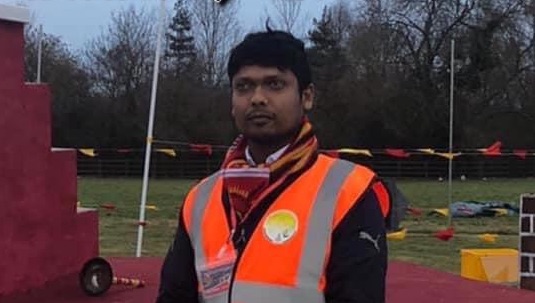
A Tamil man who arrived in the UK almost 40 years ago remains in immigration limbo due to a series of Home Office failures and delays, The Guardian reports. The man’s solicitor has written to the Home Office stating that judicial review proceedings will follow if the case is not resolved speedily.
Ponnambalam Jothibala, 69, came to the UK as a student in 1983. Though he was granted periods of temporary leave to remain in the 1980s, his studies were halted after he was the victim of a traumatic arson attack in which three people died but which he survived by jumping out of a first-floor window.
Read: The Great Storm of 1987
The Home Office had planned to deport Jothibala after he was convicted of fraud and theft in 2003, but he won an appeal in May 2006 when an immigration judge found he had been pressured and intimidated into committing the crime and that he had not derived any benefit from it himself. The Home Office wrongly recorded that Jothibala had lost rather than won his appeal.
A copy of Jothibala’s internal file showed that in February 2014, eight years after the judge had ruled that he had the right to remain in the UK, an entry had been made stating that he would not qualify for a grant of leave and “referral for removal should now be considered”. Although another note followed a few months later, in July 2014, stating that the Home Office now knew that the appeal had been upheld and that the case would be reconsidered “in light of the mishandling of the case following the determination of 2006”, nothing was done.
The following year Jothibala’s then MP, Mike Gapes, wrote to the Home Office. The Home Office responded stating Jothibala had no basis of stay in the UK and that he should make arrangements to leave as soon as possible, and included information about voluntary return to Sri Lanka.
A 2019 note on his file said a complaint had been received and “if we do not meet the deadline there is a risk that the complainant may escalate the matter to the parliamentary and health service ombudsman for a formal investigation,” but Jothibala remains in immigration limbo.
Jothibala’s solicitor, Naga Kandiah of MTC Solicitors, sent a letter before action to the Home Office informing officials that he would be lodging judicial review proceedings if the Home Office did not speedily resolve the matter. The Home Office’s failure to implement the 2006 immigration tribunal decision was unlawful and unreasonable, Kandiah said.
“This case is a sobering reminder of how a historic injustice can devastate a person’s life. My client has lost out on so many opportunities to progress in life because the Home Office failed to implement the 2006 judgment,” Kandiah told The Guardian.
“The Home Office will be defending its approach in this case. It would be inappropriate to comment further on potential legal proceedings,” a Home Office spokesperson said.
Jothibala left Sri Lanka in 1983, a period of mass exodus of Tamil youths amidst the genocidal violence of the Black July pogroms in which at least 3000 Tamils were massacred by state-sponsored Sinhala mobs. Although he arrived in the UK with hopes of pursuing a professional career, Jothibala has instead spent decades homeless and sofa surfing. He sometimes slept on a mat at the London Sree Ayyappan Temple in Harrow, where he helped out as a voluntary cook before the pandemic struck.
While the Foreign, Commonwealth and Development Office (FCDO) frequently raises concerns about the human rights situation in Sri Lanka, the UK’s immigration policies remain belligerent towards Tamil asylum seekers. The plight of Tamil asylum seekers caught up in the UK’s ‘hostile environment’ was brought to the limelight again last year following the death of Alakaratnam Jeevithan. Jeevithan had been fighting to have his right to asylum recognised for ten years until his death in a London hospital from coronavirus in April 2020.
Read: Tamil asylum seeker’s coronavirus death highlights criticism of UK immigration policy






